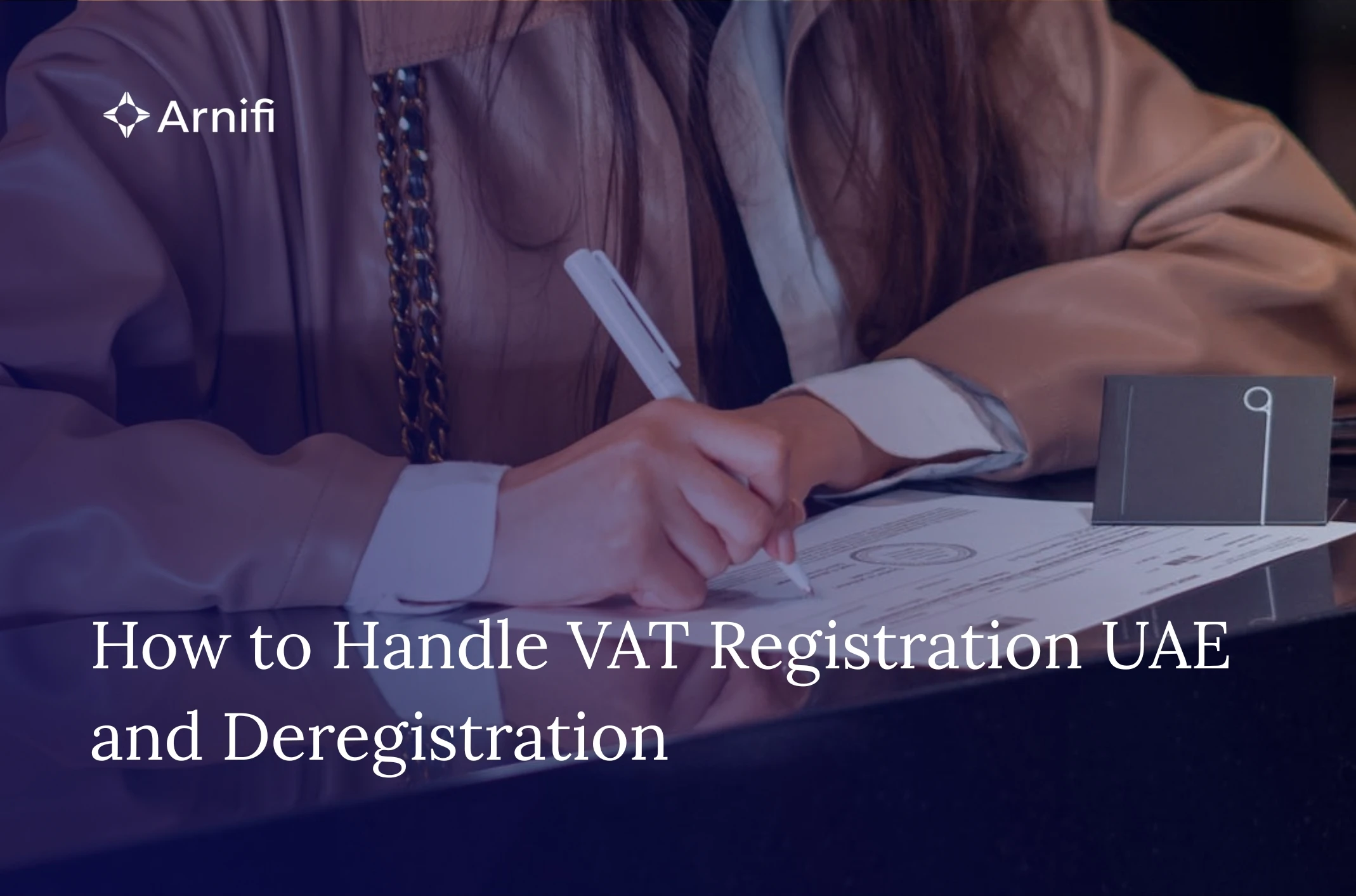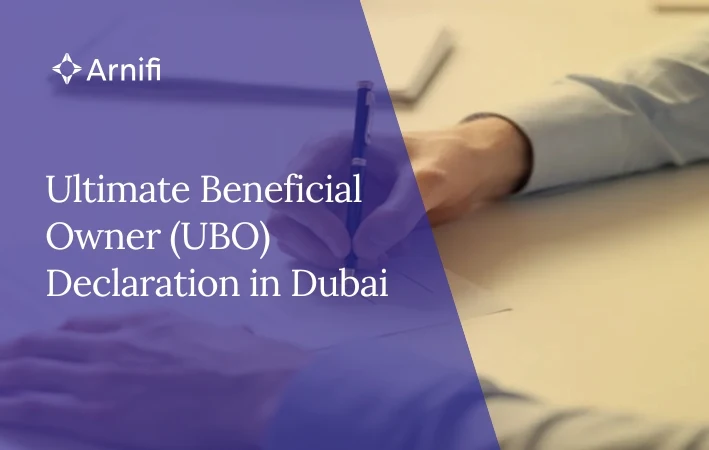How to Expand in the UAE Without a Local Company
by Shethana May 28, 2025  8 MIN READ
8 MIN READ

The UAE stands out as a global business hub. It has low taxes and many free trade zones. Its world-class infrastructure and investor-friendly regulations attract companies from around the world. This post looks at ways to enter the UAE market without forming a local company.
For many years, foreign firms had to use a UAE partner to set up mainland operations. A 2021 law ended the old 51% local ownership rule. Now, most onshore businesses allow full foreign ownership. New options like free zone licenses, local distributors and Employer of Record (EOR) services let companies grow in the UAE. We will cover how human resource services can handle hiring, payroll and compliance.
Table of contents
Understanding the UAE Business Landscape
Local Sponsorship and Ownership Laws
Mainland companies are licensed by an emirate’s economy department. Historically, foreign firms needed a local UAE national partner to start. In 2021, the UAE removed the 51% sponsor rule for most industries. That means many companies can now be fully foreign-owned. But sectors like banking, telecom and defence are still limited by special rules. Companies can even open branches or representative offices without a UAE partner. Overall, these reforms give more freedom to foreign investors.
Free Zones vs Mainland Companies
- Free Zone Company: 100% foreign-owned and quick to set up. Free zones often include perks like no corporate tax and full profit repatriation. Import/export duties are usually exempt, too. But a free-zone company can only trade within its zone or overseas. It cannot sell directly on the UAE mainland without a local agent. Also, free zones typically limit the number of work visas they grant. Free zones work best if you only need a small team or target overseas markets.
- Mainland Company: A mainland firm can operate anywhere in the UAE. Foreigners can often hold 100% ownership, thanks to the new law. Mainland companies get full tax exemption and can bid on government contracts. They must rent a local office and usually have a UAE sponsor or service agent. Visas are tied to your office space. Mainland setup is more complex, but it gives access to all UAE markets.
Recent Regulatory Updates
In recent years, the UAE has relaxed many old rules. The 2021 Commercial Companies Law update removed the mandatory 51% local owner requirement. In 2024, the UAE repealed its “anti-fronting” law (which had punished foreign companies working around ownership rules). These reforms show the UAE is making its economy more open and friendly to foreign investment.
Challenges of Expanding Without a Local Entity
- Legal and Compliance Issues: Without a license, you can’t sell or enforce contracts in the UAE. UAE business and labour laws still apply if you have no local presence.
- Visa and Payroll Complexities: Hiring staff requires UAE work visas and labour cards. Employers must pay salaries through the Wage Protection System. Setting this up without a local sponsor or entity is very difficult.
- Hiring and Managing Staff: Without a local entity, you can’t directly employ people in the UAE. An Employer of Record can do it for you. Even creating job contracts or filing visas requires local legal status.
- Market Entry Limitations: You may be forced to sell through local agents or online. This can limit your brand control. You might miss out on local projects without one of these alternative solutions.
Proven Strategies to Expand Without a Local Company
Leveraging Free Zones (with limitations)
Free zones are special areas that let foreigners set up companies easily. In a free zone you can own 100% of your company, and you get perks like no corporate tax and full profit repatriation. Many free zones also waive import/export duties.
One catch is that free-zone companies can only trade inside the zone or overseas. They cannot sell directly to the UAE mainland without a local distributor. Also, free zones typically cap the number of work visas per company. Free zones work well if you mostly serve overseas clients or need a base for regional operations. They may not fit if you want to target large onshore projects or a big UAE-based team.
Working with Local Distributors or Agents
Another option is to partner with a UAE company. A local distributor or agent can sell your products or services for you under contract. This way you avoid a full license and tap into the partner’s customer network.
This approach gets you into the market quickly, but it has trade-offs. You give up some control and profit share. If the partner underperforms or changes terms, your business can suffer. Contracts need to be clear on territory, pricing and duration. In the UAE this often means a registered commercial agency or distribution agreement. Overall, this route skips company setup but ties your fate to the local partner’s performance.
Utilizing Employer of Record (EOR) Services
An Employer of Record is a firm that legally hires employees on your behalf. The EOR becomes the official employer for your staff. It takes care of all HR administration: visas, work permits, payroll, benefits and contracts.
Using an EOR means you can skip creating your own company. You just tell the EOR who to hire, and they handle the paperwork. For example, the EOR will apply for each worker’s UAE visa and run payroll through the Wage Protection System. They manage insurance and end-of-service gratuity. In short, you get a legal UAE workforce much faster.
Key benefits of EOR hiring include:
- Faster market entry: Hire and deploy staff in weeks, not months.
- Compliance and simplicity: The EOR makes sure contracts, visas, and payroll follow UAE rules.
- Lower costs: It’s usually cheaper than registering and running a local entity.
- Flexibility: You can easily scale headcount up or down. The EOR can hire temporary or full-time staff as needed.
The Role of Human Resource Services in UAE Expansion
Professional HR firms can be a big help when moving into the UAE. They handle local recruitment, onboarding and benefits so you don’t have to learn all the details.
A good UAE HR provider will post jobs, screen candidates and guide new hires through visa and contract steps. They set up payroll and benefits (health insurance is mandatory) in line with local law. This means you are less likely to break any rules by accident.
HR services and EOR go hand-in-hand. The EOR covers legal employment and visas, and the HR firm covers talent strategy and employee relations. Outsourcing HR gives you local expertise on labour laws. It cuts overhead costs. For example, HR experts will know how to follow Emiratization policies and keep contracts compliant. In short, human resource services let you focus on your business. Local specialists handle all the HR details.
Step-by-Step Guide: Expanding in the UAE with EOR
- Assess market and workforce needs: Research the UAE market and local talent. Decide which roles you need, and plan salaries and benefits to be competitive in the UAE.
- Select the right EOR provider: Choose an EOR with solid UAE experience and legal coverage. Check their fees, contract terms and support. Make sure they have references or reviews from similar companies.
- Onboard employees through the EOR: Work with your EOR to create job offers under UAE labour law. Once a candidate accepts, the EOR signs the employment contract and applies for the work visa and labour card.
- Manage operations and compliance: After hiring, coordinate with your employees through the EOR. The EOR will handle payroll, benefits, and visa renewals. You should also set up internal oversight for performance and keep in touch with the EOR on any legal changes.
By following these steps, you can build a compliant UAE workforce without a local company.
Key Benefits of EOR-Driven Expansion
- Faster Entry: Onboard staff in weeks, not months.
- Lower Costs: Avoid entity setup fees and local office rents.
- Reduced Risk: With the EOR handling payroll, visas and contracts, you avoid costly compliance mistakes.
- Flexible Scaling: Easily hire or release staff as needed, since the EOR manages official employment.
Conclusion
Expanding in the UAE without a local entity is now very possible. Free zones, local partners, EOR services and HR support each offer ways in. Each has pros and cons, but together they let you enter the market quickly and legally.
The bottom line: EOR and human resource services solve the main hurdles of UAE expansion. They handle sponsorship, payroll and labour compliance, so you can focus on business. If you plan to grow in the UAE, consider these solutions. Contact our team to learn how our EOR and HR services can support your expansion.
Top UAE Packages

Related Articles
Top UAE Packages



